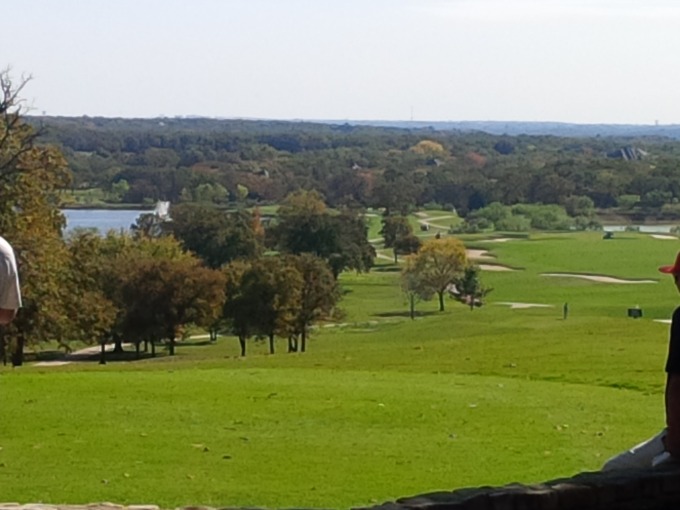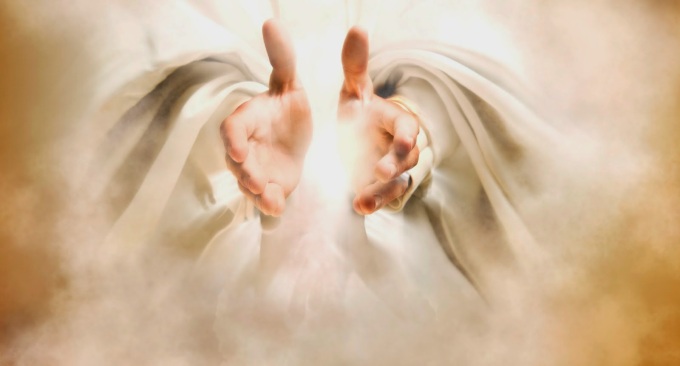How is our Christian walk like golf? When I watch golfers on TV, the game seems fairly easy: just walk up to the ball, take your club, and whack the ball as hard as you can. But it’s not that simple. It’s the kind of sport that keeps you on a constant learning curve – improving, improving, improving, but never quite mastering it.
I’d like to say I’ve been playing golf for about 5 years; but it’s more accurate to say that I’ve been trying to play golf, or that I’ve been learning to play. (If you play golf you know what I’m talking about). There are so many things to remember… choose the right club; keep your head down; keep your elbow straight; keep your knees bent; don’t move your wrist; don’t move your feet; keep your back at an angle… my brain just can’t keep up with all the little details… I can never quite get everything to click. But I’m certain that if I keep practicing I’ll get better. So I keep going back with hope that I’ll do better next time.
And this is where I think out Christian life can be like golf… or not!
For some, their walk with Christ is about keeping a long checklist and working hard trying to master it all, and keep it in check. Pray more. Read your Bible more. Fast more. Praise more. Worship more. Go to church more. Be more loving. Bear more fruit… And there there’s an even longer list of all the things you need to not do. And it never seems to be quite enough. If you pay attention to one area, another one gets neglected. Then you focus on the latter and the former suffers. And you get frustrated because you think you’ll never be able to master it all; you’ll never be able to attain the holiness that God wants from you. You keep trying hard, doing your best, but it seems that your best isn’t good enough and you think you’ll never be able to please God. It can be a hard, frustrating journey.
But that’s not what God intends for us. Notice the following verses:
Philippians 2:12-13 – work out your own salvation with fear and trembling, for it is God who works in you, both to will and to work for his good pleasure…
2 Corinthians 9:10 – And God is able to make all grace abound to you, so that having all sufficiency in all things at all times, you may abound in every good work…
2 Thessalonians 1:11-12 – To this end we always pray for you, that our God may make you worthy of his calling and may fulfill every resolve for good and every work of faith by his power, so that the name of our Lord Jesus may be glorified in you, and you in him, according to the grace of our God and the Lord Jesus Christ.
Hebrews 13:20-21 – Now may the God of peace . . . equip you with everything good that you may do his will, working in us that which is pleasing in his sight, through Jesus Christ
God has taken upon Himself the task of conforming you to His image. You can’t do it! No matter how hard you try, you can’t do it on your own. God is the agent of transformation; and
He’s so committed to this that His Holy Spirit has taken residence within us to change us, mold us, and lead us in God’s ways.
Does that mean that we can do whatever we want and it doesn’t matter? No. It’s a partnership. God works together with those who willingly partner with Him. Our part is to yield. Our part is to let God do His work in us. Our part is to listen, with open ears, to what He wants to say. Our part is to cooperate with Him. In fact, the Christian disciplines (like praying, reading, fasting, worshiping…) are all important in that they create opportunities for us to encounter God. These disciplines put us in a posture to receive from Him so He can do what He wants to do. When we live openly before God, giving Him entrance and permission to work in and through us, we will bear much fruit – His fruit – the fruit of the Spirit.
Our Christian life should not be like golf. Relax! It’s not about striving. It’s about relationship and partnership. If you feel like you can’t keep it together, ask God to help you. His grace is sufficient for you. If you recognize you’re weak in a particular area, submit it to Him. His power is made perfect in your weakness. If you want to make better decisions, ask Him! He wants to lead you and guide you into all truth. You get the idea… Stop striving, and enjoy the life that He has given you.
Dr. Chiqui Polo-Wood | All Rights Reserved 2015












